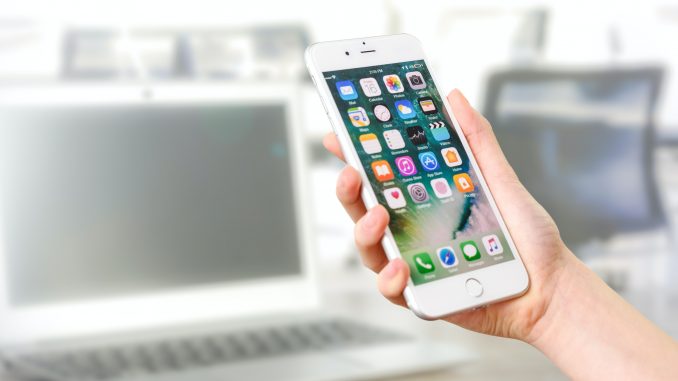
Smartphone apps might be able to help trans people with voice-gender incongruence.
Researcher Vesna Dominika Novak from the University of Cincinnati co-authored a study that trans and gender-diverse individuals may benefit from better smartphone apps. These apps that offer voice and communication training can help lessen voice-gender incongruence for trans people.
The study mentioned above was conducted through a 57-question survey with interviews of 21 trans and gender-diverse individuals. It focused on gender expression and identity, voice, technology app usage, surgery, and voice training. The goal of these apps is to help trans people’s voices to be perceived as more feminine or masculine according to their preference.
“For some people the need for voice training is an internal motivation, they don’t like the way they sound,” says Novak, PhD, associate professor in UC’s College of Engineering and Applied Science, and the study’s corresponding author. “For others it’s just, ‘I just don’t want to get beat up when I go somewhere.’ People talk in a different way to fit in so they are not noticed. Some people stress out when they hear themselves and others don’t care how they sound.”
“There are some voice training apps available, but they have been criticized by users, and some are for profit,” says Novak. “We wanted to make a better one, but we felt that we should first find out what people actually want to see in an app. And that worked out with this study, so we pulled a lot of design idea where people say, ‘I want that; I want it done this way.’”
“Voice training is training fundamentally,” says Novak. “A lot of people will do it for two hours and give up. It is like weight loss for two hours. You don’t get anything from that. But if you do this long term you will see results. It works if you do it well enough and long enough. Most people can’t figure out how to do it well.”
Novak expressed that an app would be more accessible and cheaper compared to professional voice training and or surgical procedures.
“Trans people want to have apps or software because they can’t afford to pay for professional help,” says Novak. “It is so overwhelming to try to do voice training by yourself and many individuals will give up if they have no support. They want to feel included and respected and not just talked at when using an app. They want interactive elements that don’t stress them out. They want feedback on how to do it but they don’t want to feel judged or stressed out.”
Novak also mentioned that Cornell University is working on an app but there is also a good chance that Novak’s team will be working on their own app or their own set of exercises.
Be the first to comment